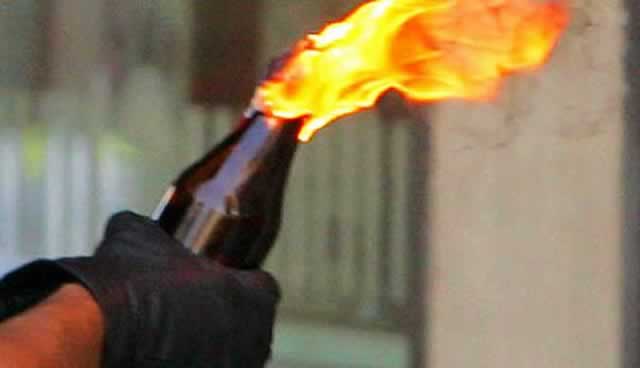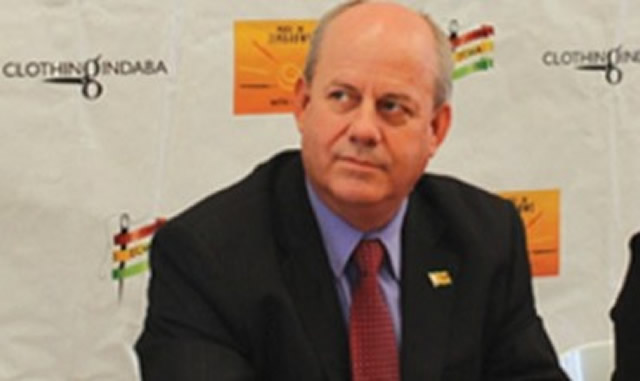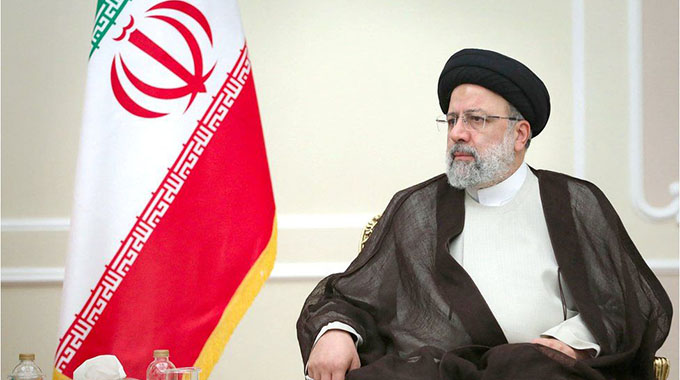Another poll likely, says UK PM

LONDON. — Britain’s deputy prime minister has said Britons risk being called to the polls again before Christmas if today’s election does not produce a stable government, but calling a second election will not be an easy way out of a crisis.A law introduced in 2011 makes it much harder to call an early election, and there is no indication that the outcome would be any clearer.
With one day to go, the ruling Conservatives and opposition Labour Party are neck-and-neck in opinion polls with neither predicted to win an overall majority in the House of Commons.
That means that whichever of the two big parties has the most seats is likely to have to cut deals with one or more smaller parties, either to create a formal coalition or to rule as a minority government in a looser alliance with them.
Deputy Prime Minister Nick Clegg, whose Liberal Democrat party has been in coalition with the Conservatives for five years and wants to be part of a new coalition, has talked up the risks of minority governments.
He said on Tuesday that if the big parties “try to stagger through with a messy and unstable minority government” then the country will face a disruptive second election before Christmas.
It is not clear how that would help, analysts said.
“They’re talking as if a second election is going to solve the problem. What is it going to solve? They’ve had a campaign going on for weeks and the polls haven’t moved,” said Ruth Fox, director of political research body the Hansard Society.
Fox said the Fixed-Term Parliaments Act of 2011 made early elections harder to call than previously, when prime ministers could dissolve parliament and call an election when they chose.
Cross-party deal
Under the 2011 law, a two-thirds majority of parliament must approve a motion for an early election. That could only happen if there were a cross-party deal — unlikely given the parties’ diverging interests.
Another possibility is a motion of no confidence in the government, which would require a simple majority. If it passed, there would then be a 14-day window to allow for attempts to form a new government. Only if those attempts failed would there then be an early election.
Those difficulties might make the idea of a formal coalition, capable of lasting the full five years until the next scheduled election, more appealing after Thursday than it has seemed to the party leaders during the campaign.
Vernon Bogdanor, professor of government at King’s College London, said Britain had evolved from a two-party to a multi-party system but arrangements for electing and forming governments had not kept up. — Reuters.









Comments